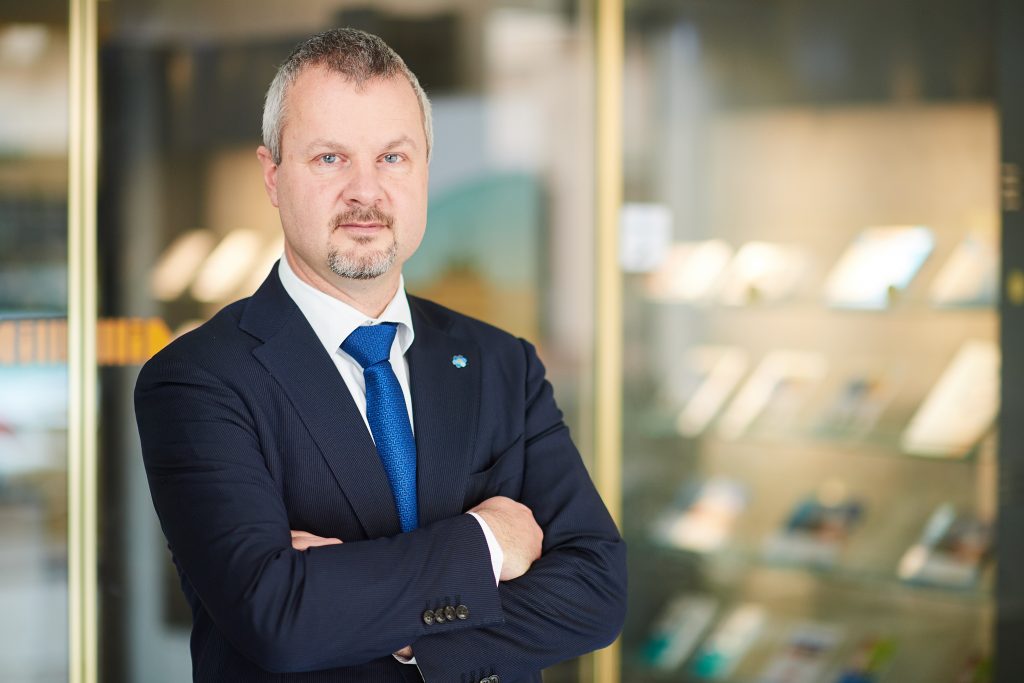
CEFIC calls for action on energy costs
Submitted by:
Andrew Warmington
CEFIC has called on the European Commission and EU Member States to “immediately design and implement closely coordinated pan-European measures to limit the impact of energy prices vis-à-vis competing economies, increase energy supply and incentivise reductions in energy consumption”, both for the upcoming winter and beyond. “Skyrocketing gas and electricity prices vis-à-vis competing economies, the potential risk of gas supply shortages and mandates of electricity consumption reduction are putting hundreds of chemical plants at risk throughout Europe,” the association said.
As a result of the current energy crisis, the EU has become a net importer of chemicals for the first time ever in both volume and value terms, with a deficit of € 5.6 billion in 1H 2022. CEFIC added that costs have reached an unsustainable level, badly denting the competitiveness of a highly energy-intensive industry that is integral to many value chains. EU-wide action is needed, rather than fragmentary national initiatives.
“We are approaching the point of no-return: if no emergency solution to the energy prices is provided to our sector, we are not far off the breaking point,” said director general Marco Mensink (pictured). “Hundreds of businesses in the chemical sector are already in survival mode and we have started seeing the first closures. We need action now.”
CEFIC has issued a position paper with proposals on emergency measures to address the crisis. For this winter, it proposes emergency measures to secure the competitiveness of energy supply, safeguard the survival of EU industry, support energy savings and reserve the functioning of the energy market.
For 2023 and beyond, the association said, measures are needed to ensure security of supply, develop EU energy infrastructures, keep promoting renewable and low-carbon energy sources, design a summer 2023 resilience plan and deliver the Electricity Market Design review in a timely fashion. Full details are available on the CEFIC website at: https://cefic.org/app/uploads/2022/10/Cefic_Position_energy_crisis.pdf.
Illustrating the effects at a national level, Germany’s chemical industry association, the VCI, has published figures showing a 1.6% fall in sales from Q2 to Q3 of €63.1 billion. Production fell by 4.2% and capacity utilisation was well below normal at 79.3%. Perhaps most significantly, producer prices rose by only 2.6%, as companies were unable to pass through much of the energy price increase. Overall, excluding pharmaceuticals, chemical production is expected to fall by 8.5% over the course of 2022.
“The chemical industry faces more dark months,” said VCI president Markus Steilemann. “Many companies are already in an extremely dramatic situation with their production in Germany, mainly because of the massive increase in energy costs.
“Medium-sized companies in particular have considerable problems concluding new or follow-up contracts when supply contracts for electricity or gas are expiring. With the onset of winter and falling gas storage levels, the situation will worsen. That's why we now need energy price brakes that act quickly and unbureaucratically, so that the situation doesn't get any worse.”
Similarly, the UK’s Chemical Industries Association (CIA) has released numbers showing that Q3 2022 saw the first fall in sales since the height of the COVID pandemic, due to energy costs, raw material costs and shortages, and labour costs. Over 40% of members saw a fall in sales. This is expected to continue through the winter, the CIA said.
